The declaration of the Ministry of Foreign Affairs on the Macedonian language in the section on dialects caused a revolt among the Macedonian citizens living in the neighboring countries. They ask how it is possible that the Macedonian language was created only from dialects that were on the territory of today’s Republic of Macedonia.
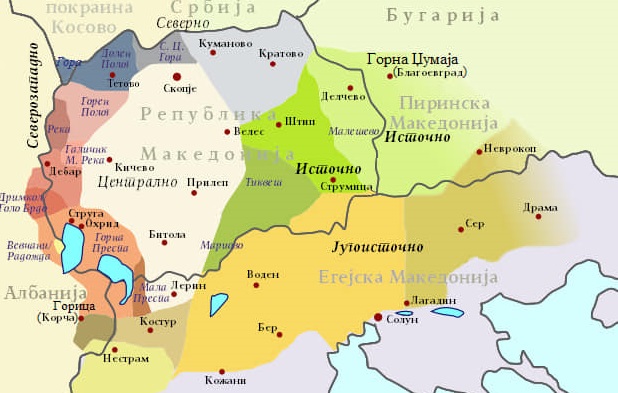
According to that logic, the Macedonians from Lerin speak another dialect and not one of the dialects of the Macedonian language. Although the Lerin dialect belongs to one of the central Macedonian dialects according to which the Macedonian literary language is codified.
Pavle Vaskopoulos from “Vinozito” explained to “Republika” that dialects also exist there in Greece just like in Macedonia.
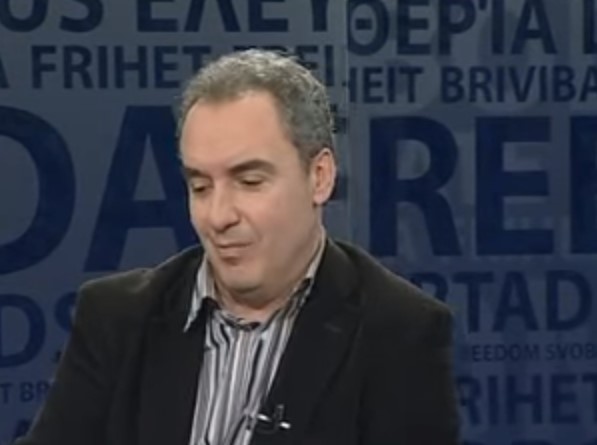
But it is one thing an official language in a country, and another is that there are many dialects exactly in the country where it is official and in the neighboring countries where the minorities lived. In the past, one population spoke the same language with various dialects and there were no national states and borders, explains Vaskopoulos.
He adds that if a country does not respect and recognize a minority language, it does not mean that the language does not exist.
There is no doubt that the Macedonian statement about the language is even worse than the Bulgarian one, where it is claimed that the Macedonian language is one of the dialects of Bulgarian. This means that we give up the Aegean and Pirin dialects that are linguistically recognized in Slavic studies.
Stojko Stojkov from “Omo Ilinden-Pirin says that unfortunately, even this unilateral declaration is formulated in a way, if it can anger the Bulgarian state less, so that the territorial continuity of the Macedonian language is indicated as “the dialects that are at its base and were spread on the territory of today’s Republic of Macedonia”.
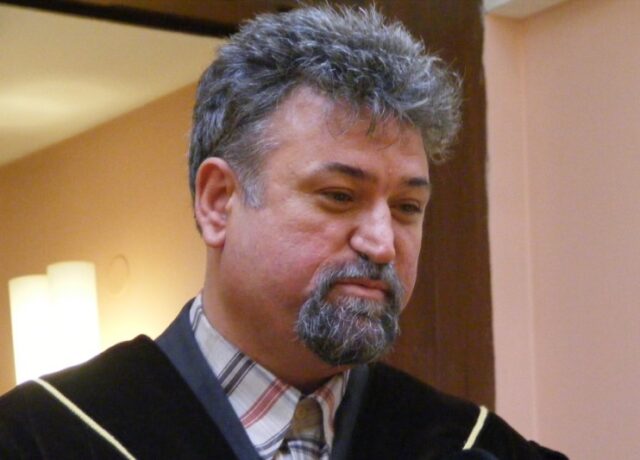
The dialects spoken in Macedonia are also spoken outside of it in most of Pirin and Aegean Macedonia. Even in the Framework Position of Bulgaria there is a direct recognition that the language spoken in Macedonia is also spoken in the regions of Bulgaria bordering Macedonia. The territorial limitation of the base of the Macedonian language goes directly in favor of the Bulgarian thesis that the Macedonian language, the culture and nation based on it are territorially and hence temporally limited within the framework of the political creation of Macedonia and do not extend beyond it either temporally or spatially. It is sad that even in unilateral declarations, there is not enough courage to fully protect the Macedonian position, but rather the avoidance of confrontation is sought, Stojkov told “Republika”.
According to the dialectical division of the Macedonian language, there is a northern dialect that includes the Tetovo and Goran dialects together with the Skopje and Kumanovo dialects, the southwestern one that includes the Kostur dialect, the western one with the Gostivar and Rekani dialects, the eastern dialect that includes the Strumica and Malesevo-Pirin dialects, and the southeastern one that includes the Solun-Voden dialect.
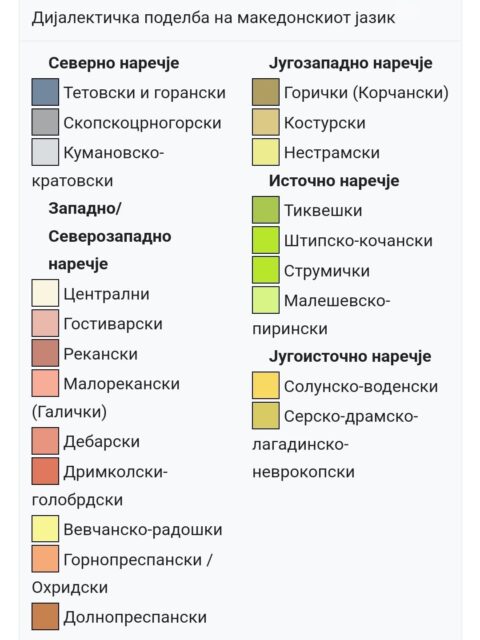


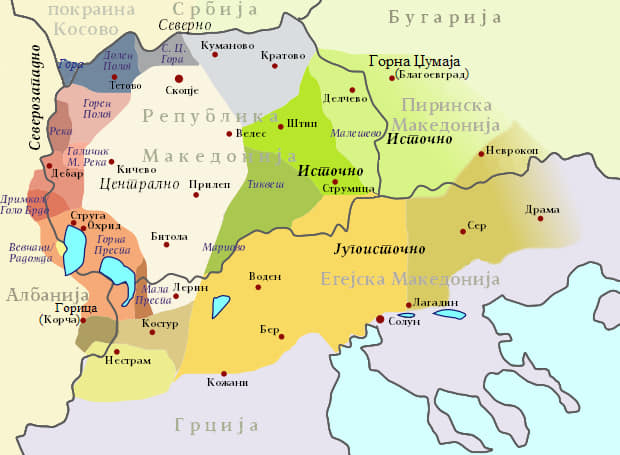

Comments are closed for this post.